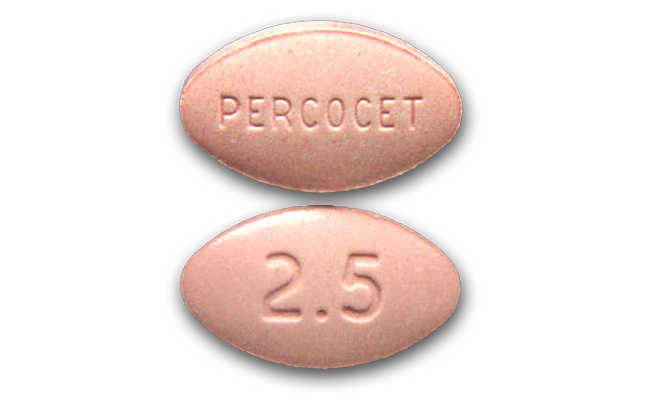Introduced in the 1990s, Percocet has become one of the most widely prescribed pain medications on the market. It is prescribed for moderate to severe pain and many experts agree that the widespread availability of Percocet has contributed to the global opioid addiction crisis.
Percocet is actually a brand name for a drug which contains a mixture of acetaminophen and the opioid oxycodone. It is this latter which is highly addictive. Since the drug is so often prescribed for everything from tooth pain to sports injuries, it has entered the drug market as something of a common-place—as if it is not dangerous at all.
If fact, Percocet addiction can begin as quickly as two to three weeks regular use, even if taken as directed. As people attempt to stop using a medication which was prescribed for them for a real need, they begin to experience the symptoms of withdrawal. Many will take the medication just to relieve these symptoms. Once this begins, a downward spiral addiction has begun.
For people who have developed a tolerance and dependence on Percocet, the early symptoms withdrawal include fever, headaches, runny nose, and stomach cramping. The danger here is that taking more Percocet will immediately relieve these symptoms, not because Percocet treats the symptoms, but because the symptoms are a direct result of not taking Percocet. It is a deadly cycle.
More intense symptoms of withdrawal will eventually develop. These include severe anxiety, digestive problems, headaches, heart palpitations, muscle pain, and panic attacks. Once someone has begun to experience symptoms of this order, a real treatment program will likely be necessary.
Detox from Percocet addiction largely depends on how long an individual has been taking the drug. For some, detox may only take the minimum three days. But people who have been using Percocet for long periods may require up to three weeks of detox in order to be fully stabilized. The more advanced the state of abuse, the more intense the period of withdrawal.
Another crucial factor for evaluating detox and treatment is the dosage of the drug. Prescription Percocet ranges from 2.5 mg of oxycodone to 10 mg of oxycodone. The amount of acetaminophen remains constant at 325 mg in all doses. Obviously, the higher dosage prescriptions will have a much more far-reaching impact on the body. People who have using the higher dose forms of Percocet may require medically assisted detox and treatments.
Treatment for Percocet addiction is effectively the same as other opioid addiction treatments. The most basic treatment for Percocet begins with a complete medical evaluation. This leads to a period of stabilization. If necessary, patients are given medications designed to assist in the withdrawal period. These may include buprenorphine or even methadone. These medications allow a patient to move away from the intoxicating feelings derived from Percocet abuse.
Once stabilized, a more long-term treatment is in order. Cognitive Behavioral approached have been shown to be extremely effective for long-term recovery from opioids in general and Percocet in particular. This approach, based in science rather than experiential learning, has worked for countless people. Those who have basically stumbled into addiction in the ways which seem to attend Percocet have found a new freedom using this approach to addiction treatment.
CLICK HERE to get a Free Confidential Addiction Rehabilitation Assessment.














